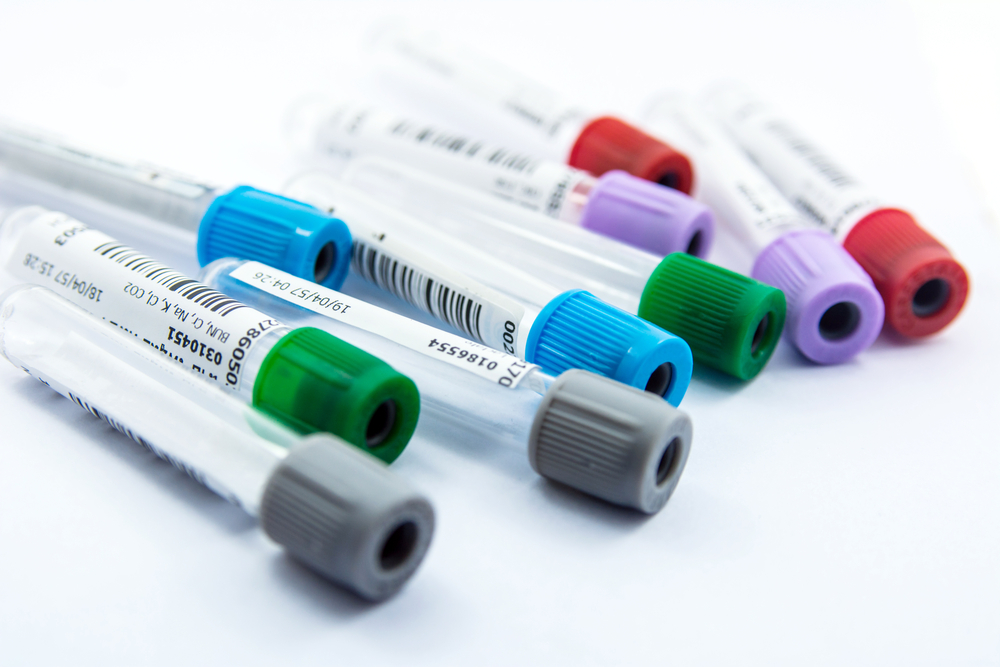PAH Patients with Anti-U1 RNP Antibodies Better Protected Against Worst Aspects of Disease

People with connective tissue disease (CTD) and systemic sclerosis-associated pulmonary arterial hypertension (PAH) who are positive for anti-U1 RNP antibodies have better chances of longer-term survival. The study, “Characteristics and Survival of Anti–U1 RNP Antibody–Positive Patients With Connective Tissue Disease–Associated Pulmonary Arterial Hypertension,” was published in the journal Arthritis & Rheumatology.
PAH is a leading cause of morbidity and mortality in patients with CTDs, with a particular high incidence in systemic sclerosis. One important candidate as a prognostic factor of systemic sclerosis- and CTD-associated PAH is the presence of anti–U1 RNP antibodies.
The team of researchers performed a retrospective study on 342 patients with PAH and CTD attending the Royal Free Hospital in London. The team investigated the patients’ clinical and hemodynamic characteristics, together with survival rates, of anti–U1 RNP–positive patients with CTD-associated PAH, focusing on systemic sclerosis-associated PAH.
Thirty-six of the total patients examined were positive for anti-U1 RNP antibodies. Among these, 14 had a diagnosis of systemic sclerosis, 10 had systemic lupus erythematosus (SLE), 10 had mixed CTD (MCTD), and two patients had overlapping systemic sclerosis and SLE. Researchers observed that patients with anti–U1 RNP antibodies were younger and exhibited lower degrees of functional impairment compared to anti–U1 RNP-negative patients with CTD- and systemic sclerosis-associated PAH. Moreover, patients positive for anti–U1 RNP antibodies had a greater 6-minute walk distance (a measure of exercise capacity) and a higher mean diffuse lung capacity for carbon monoxide (DLCO) versus the anti–U1 RNP-negative controls.
While researchers found no association between the duration of CTD at PAH diagnosis or mean aortic pressure, a positive status for anti-U1 RNP antibodies was significantly associated with better survival. In fact, five-year and 10-year survival rates were registered at 71 percent and 36 percent for the patient group positive for anti-U1 RNP antibodies, while the values decreased to 41 percent and 20 percent in the cohort of patients negative for these antibodies, respectively.
In conclusion, the researchers highlighted that a positive status on anti-U1 RNP antibodies seems to be associated with distinct clinical characteristics and survival in CTD- and systemic sclerosis-associated PAH, and that it may be a protective factor in these settings.







